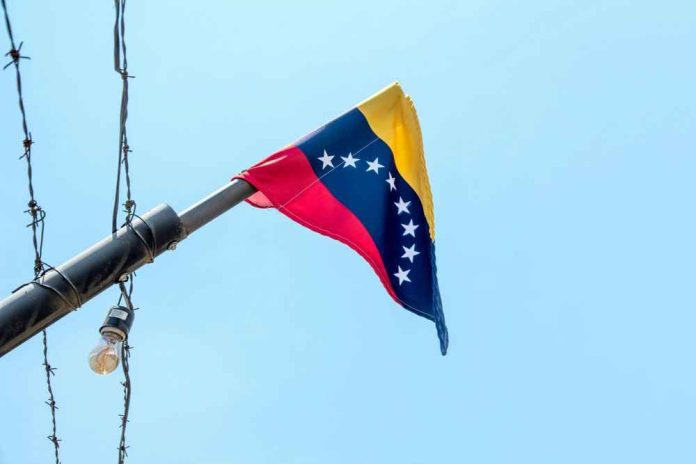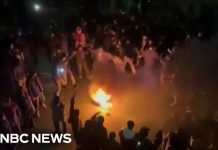
A new wave of military action in Venezuela raises questions on regime change and escalation.
Story Snapshot
- Trump administration initiates airstrikes against alleged Venezuelan drug traffickers.
- Strikes interpreted as a move toward regime change targeting President Nicolás Maduro.
- Increased US-Venezuela tensions amid broader regional instability.
- Questions arise on legality and humanitarian impact of the strikes.
US Military Strikes in Venezuela: A New Chapter
In September 2025, the Trump administration launched military airstrikes against vessels in the Caribbean Sea, asserting they were operated by Venezuelan drug traffickers. The strikes, which expanded to the Eastern Pacific in October, were justified as counter-narcotics operations. However, many analysts and opposition figures argue that the true motive is a regime change targeting President Nicolás Maduro, marking the first US airstrike in Central/South America since 1989.
The US has deployed Navy warships and personnel to the Caribbean since mid-August 2025. The first strike on a Venezuelan vessel occurred on 1 September, resulting in 11 fatalities. By 2 November, the strikes had intensified, leading to 64 deaths across 15 strikes on 16 vessels. The Trump administration has identified potential land targets within Venezuela, suggesting an escalation beyond maritime interdiction.
Background and Context
US-Venezuela relations have been strained since Hugo Chávez’s presidency, further deteriorating under Nicolás Maduro due to allegations of human rights abuses and drug trafficking. The Trump administration previously imposed sanctions and recognized opposition leader Juan Guaidó as interim president. In his second term, Trump designated cartels as terrorist organizations, offering a $50 million bounty for Maduro’s arrest.
The strikes occur amid heightened US-Venezuela tensions and a humanitarian crisis in Venezuela. While the US claims to target narcoterrorists, observers suggest broader political motives. The operations mirror past US interventions in Latin America, such as the 1989 Panama invasion, highlighting a pattern of regime change efforts.
Stakeholders and Reactions
Key figures include US President Donald Trump, Venezuelan President Nicolás Maduro, and US officials like Pete Hegseth and Marco Rubio. The US aims to curb drug trafficking, destabilize Maduro, and assert regional influence, while Maduro seeks to maintain power and deny drug trafficking allegations.
Venezuelan opposition figures support US actions, advocating for regime change. However, human rights groups criticize the strikes’ legality and humanitarian impact, calling for accountability. The operations also strain US-Latin America relations, potentially setting a precedent for military intervention in the region.
Trump cagey about looming Venezuela strikes, but says Maduro’s days are numbered – Washington Examiner https://t.co/hl9SJZOU4D
— Deenie (@deenie7940) November 3, 2025
The strikes have significant implications for regional stability, with potential risks of broader conflict. They disrupt drug trafficking routes but also lead to economic hardship in affected Venezuelan regions. As the situation unfolds, international condemnation and legal challenges mount, questioning the long-term impacts of these actions.
Sources:
Wikipedia: 2025 United States military strikes on alleged drug traffickers





